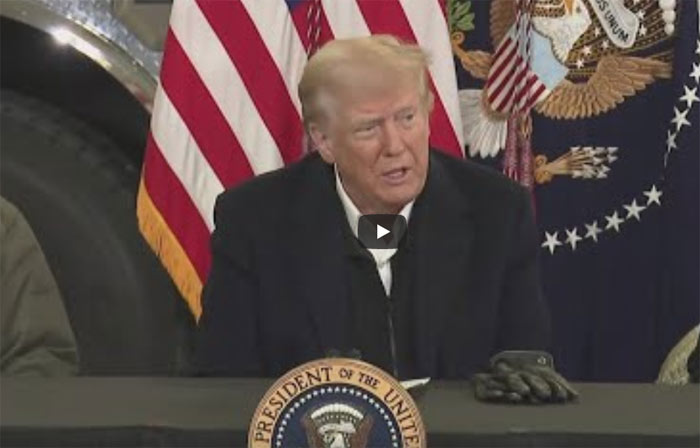• Law Firm Marketing updated 2025/02/01 08:30
Trump expressed gratitude for the bipartisan support that marked this inaugural legislative effort since his January 20 inauguration. The law, known as the Laken Riley Act, mandates that federal officials detain unauthorized immigrants accused of crimes ranging from theft to acts of violence. The measure garnered support in both the House and Senate, with Sen. John Fetterman (D-Pa.) present at the signing ceremony at the White House.
Laken Riley’s story lends a poignant note to the act. At 22, while running on February 22, 2024, Riley—a student at Augusta University College of Nursing—was fatally attacked by Jose Antonio Ibarra. Prosecutors detailed that during a struggle, Ibarra killed Riley, later choosing to waive his right to a jury trial. A judge, acting as the sole arbiter in the case, found Ibarra guilty of murder and other related crimes, sentencing him to life without parole.
In the fallout from her death, Trump and other Republicans have pointed fingers at former President Joe Biden. They contend that Ibarra, who had been arrested for illegal entry near El Paso, Texas in September 2022 amid a surge in migration, was released to pursue his case in immigration court—a decision they argue indirectly paved the way for the tragedy. “If this act had been the law of the land, he never would have had the opportunity to kill her,” stated Rep. Mike Collins, a Republican from Georgia.
Laken Riley’s name has also surfaced in broader discussions on immigration policy. Biden referenced her during his last State of the Union address when addressing border security, a moment further amplified when U.S. Rep. Marjorie Taylor Greene passionately urged, “Say her name!”
Under the Laken Riley Act, any migrant arrested or charged with crimes such as shoplifting, assaulting a police officer, or offenses resulting in injury or death must be detained. “If you come into this country illegally and you commit a crime, you should not be free to roam the streets of this nation,” said Sen. Katie Britt (R-Ala.), who was instrumental in shepherding the bill through the Senate.
Moreover, the act empowers state attorneys general to sue the federal government for any harm caused by shortcomings or decisions in immigration enforcement—whether that’s releasing migrants from custody or neglecting to detain those with deportation orders. This aspect of the legislation provides states with a measure of control over immigration policy, reflecting ongoing disputes with executive decisions during both the Trump and Biden administrations.
In essence, the Laken Riley Act stands as both a tribute to a young life lost too soon and a firm policy stance on immigration, encapsulating a significant moment in the current political landscape.








